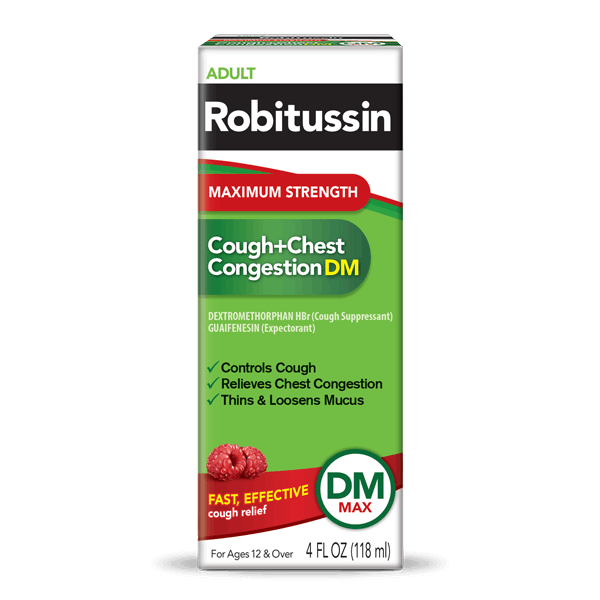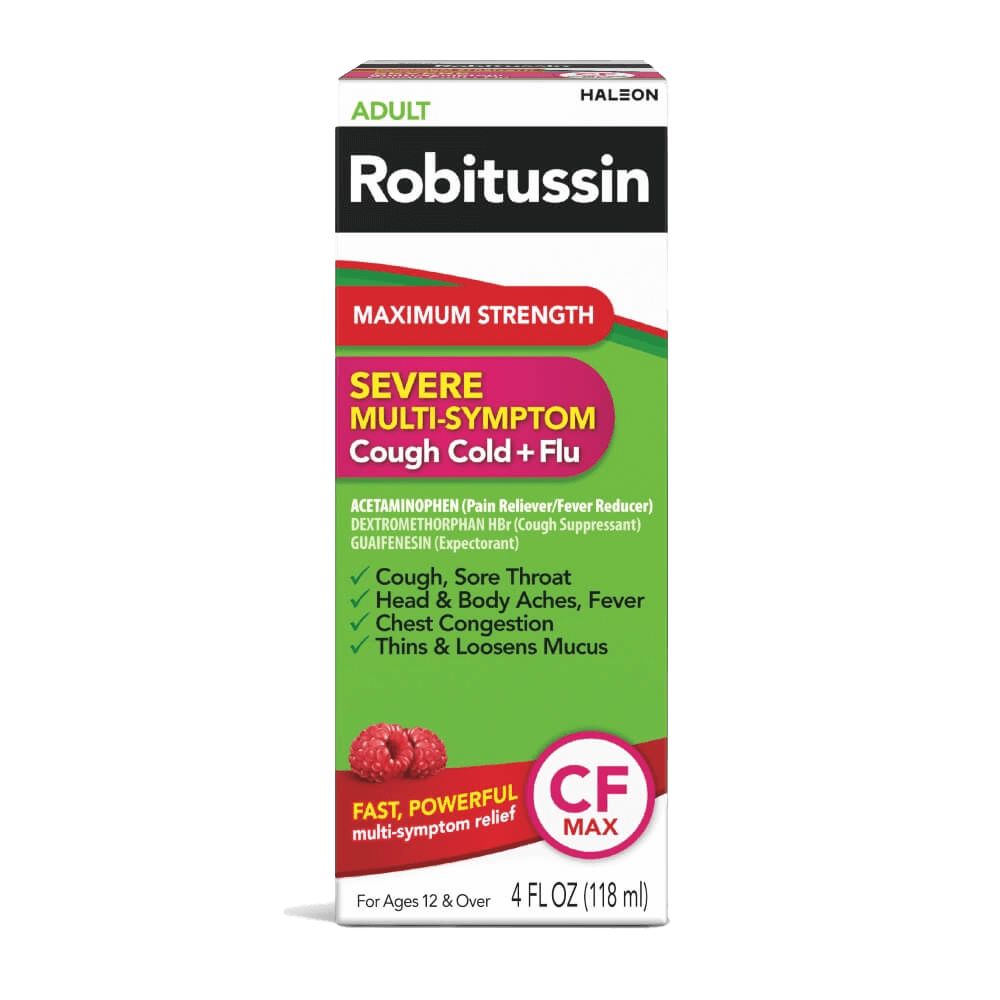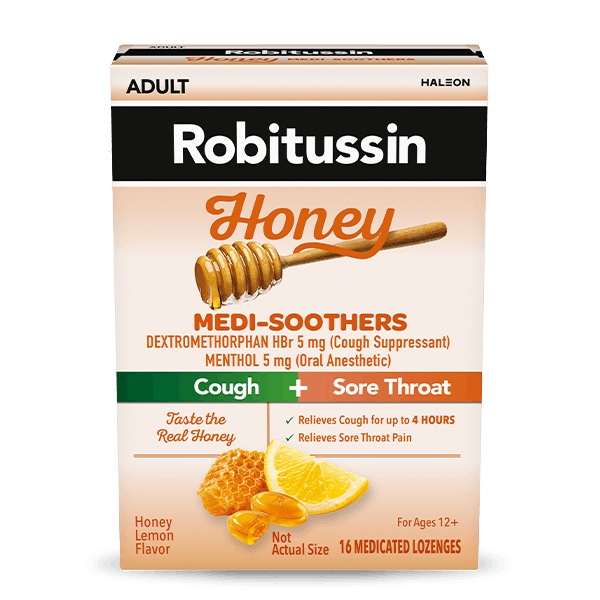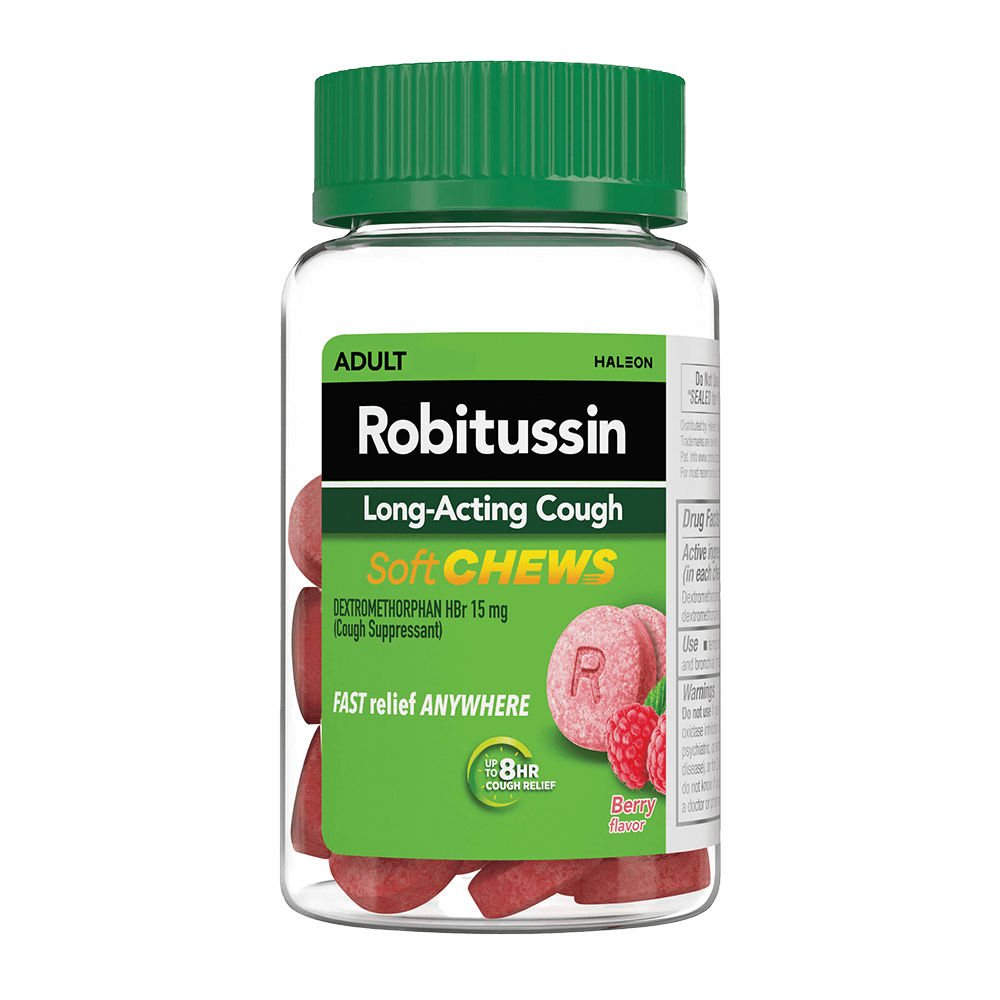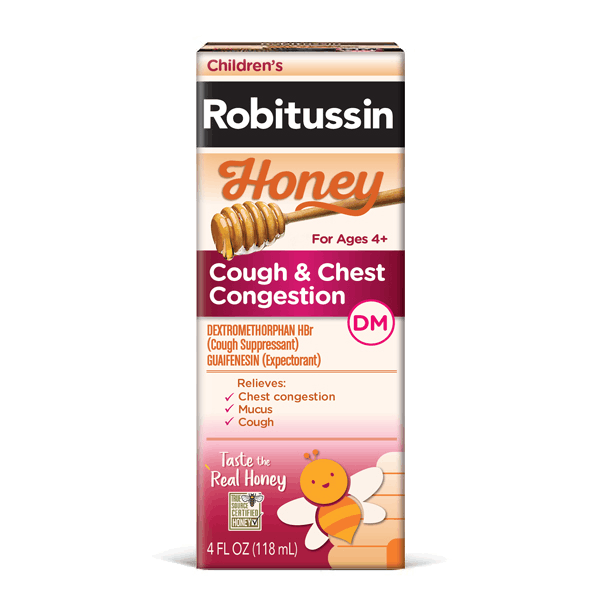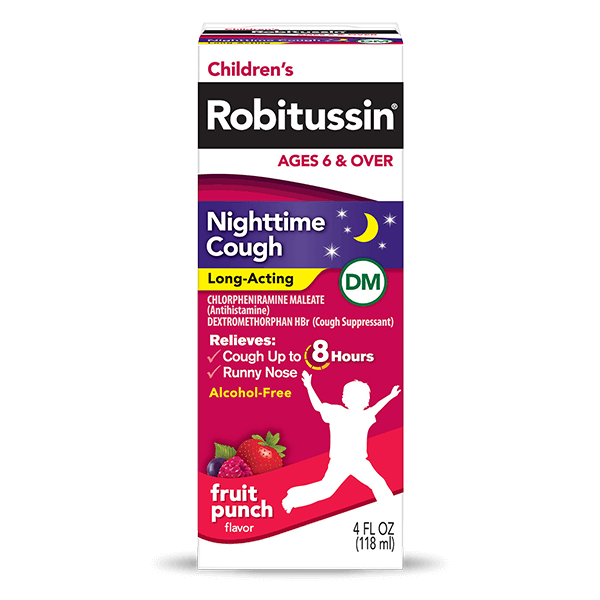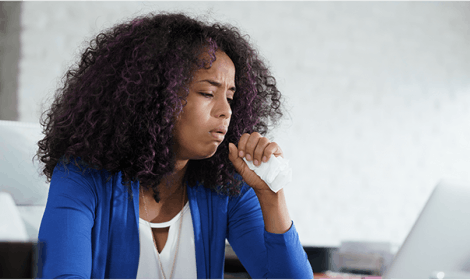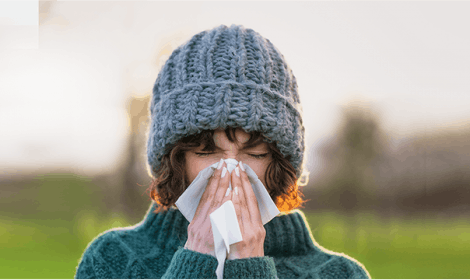Treating Your Kid’s Cough and Runny Nose
As a parent, it can be alarming to see your kid exhibit signs of a cold. If your kid is coughing or has a runny nose, you’ll want to do everything you can to help them feel better. Thankfully, you may be able to take matters into your own hands without rushing to the pediatrician’s office. Learn how to treat your kid’s cough and runny nose at home.
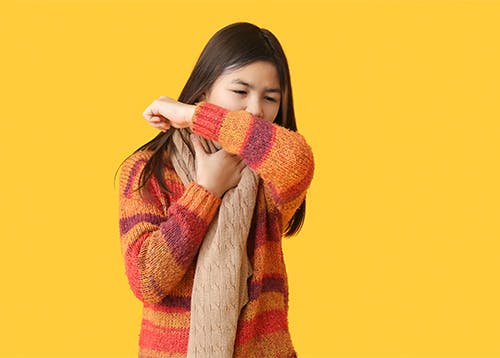
What Does Your Kid’s Cough Mean?
In most cases, a child’s cough is not a sign of something serious.1 Coughing is an important reflex that helps protect your kid’s airways in the throat and chest.2 Plus, coughing isn’t always a symptom of a cold. Allergies and colds often share similar symptoms, and coughing is one of them.2
Types of Coughs in Kids
Knowing what type of cough is coming from your kid will help you get a better sense of how to treat it. Here are some common types of coughs you may see in children:
- Wet Cough A wet or productive cough brings up mucus that drains down the back of the throat or lungs.3 If your kid has a wet cough, encourage them to keep coughing as it helps clear the mucus from the throat.3 Wet coughs are caused by the common cold, infections of the lungs and nasal discharge.3
- Dry Cough A dry or non-productive cough is another potential sign of the common cold.3 Dry coughs do not produce mucus and often occur at the tail end of a cold.3 Exposure to irritants like dust, chemicals or allergens can also cause a dry cough.3
When Should My Kid See a Pediatrician for a Cough?
While some coughing is normal, coughs that last longer than four weeks can be a sign of something more serious.1 Long-lasting wet coughs can also indicate a serious chest infection, so it’s good to get them checked out as well.1 Other signs to look out for include coughs with high fever, coughing combined with fast breathing and signs of dehydration.1
It’s also important to keep an eye out for signs of more serious types of coughs like whooping cough, which is a bacterial infection of the airways that mostly affects children.1 If you notice that your child’s cough is getting worse or hear them make whooping sounds when they breathe in, call a doctor immediately.1
What Causes a Runny Nose in Kids?
When the tissues lining the nose become swollen, nasal discharge can make an appearance.4 While some people may think that excessive thick mucus is to blame, a stuffy nose is actually caused by inflamed blood vessels.4 A runny nose can be caused by allergies, the common cold, the flu or a sinus infection.4 If nasal stuffiness is only seen on one side of the nose, it’s possible that something is stuck in your kid’s nose.4 Talk to a pediatrician if a runny nose is causing your kid to have trouble breathing or sleeping.5
How Long Does a Runny Nose Last in Kids?
A runny nose should only last about a week.4 However, a runny nose that lasts longer than a week can be caused by allergies or other irritants like pets and smokers.4 If your child has excess mucus for a while, it may be caused by a bacterial infection.5 Contact your child’s pediatrician if their runny nose and congestion are progressively getting worse.5
How to Treat Your Kid’s Cough and Runny Nose
In most cases, you can treat your kid’s cough and runny nose from home. If your kid is coughing at night, have them sleep on a slight incline to help prevent postnasal drip-induced coughs.6 Keeping a glass of cold water by their side will help them stay hydrated and can soothe both coughing and runny nose.6 To ease a runny nose, use a saline spray to keep the nasal passages clear.6
Over-the-counter medications can also help suppress coughs and runny noses. Try formulas that are designed for children like Children’s Robitussin Cough and Cold Long-Acting Syrup, which is for kids four and older. Active ingredients Dextromethorphan and Guaifenesin work quickly to help relieve your child’s cough, congestion and runny nose
With the right treatment methods, your kid’s cough and runny nose can be a thing of the past. For more helpful articles on treating runny noses, coughs and more, head to Robitussin’s Cold and Cough Center.
Source Citations:
- Common Children’s Coughs Explained. Children’s Healthcare of Atlanta. https://www.choa.org/parent-resources/everyday-illnesses/common-kids-coughs-explained. Accessed 5/18/2023.
- Coughing. Nemours Children’s Health. https://kidshealth.org/en/parents/childs-cough.html. Accessed 5/18/2023.
- Coughs, Age 11 and Younger. Government of Alberta. https://myhealth.alberta.ca/Health/Pages/conditions.aspx?hwid=coughchild. Accessed 5/18/2023.
- Stuffy or Runny Nose – Children. Mount Sinai Medicine. https://www.mountsinai.org/health-library/symptoms/stuffy-or-runny-nose-children. Accessed 5/18/2023.
- 6 Pediatrician-Approved Tips for Dealing with Mucus. UNC Health. https://healthtalk.unchealthcare.org/6-pediatrician-approved-tips-for-dealing-with-mucus/. Accessed 5/18/2023.
- How to Comfort Sick Kids at Home. Children’s Healthcare of Atlanta. https://www.choa.org/parent-resources/caring-for-your-kid-at-home/safe-ways-to-comfort-sick-kids. Accessed 5/18/2023.
